Enhance your
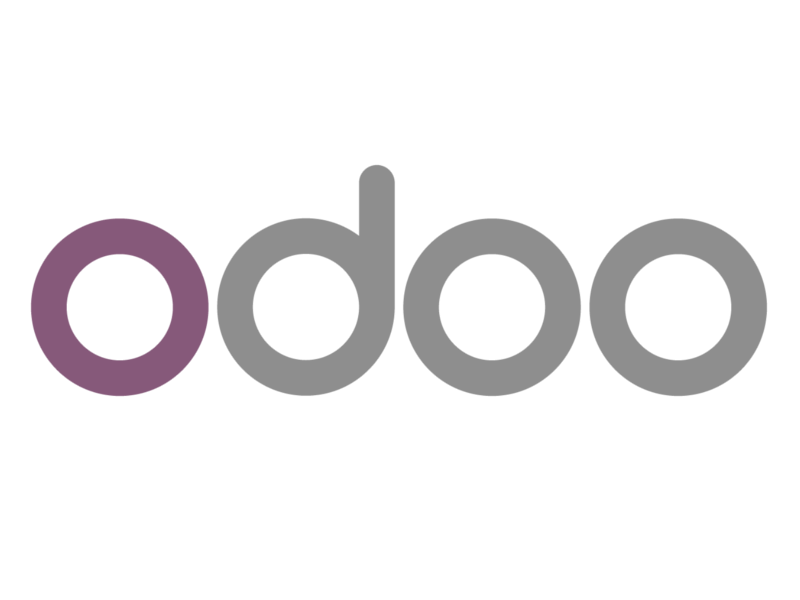
Understanding Artificial Intelligence
We now live in an age where machines can teach themselves without human intervention. This perpetual self-education can produce insights that are helpful in making proper and productive decisions for us across a variety of fields, from medicine to interstellar space travel.
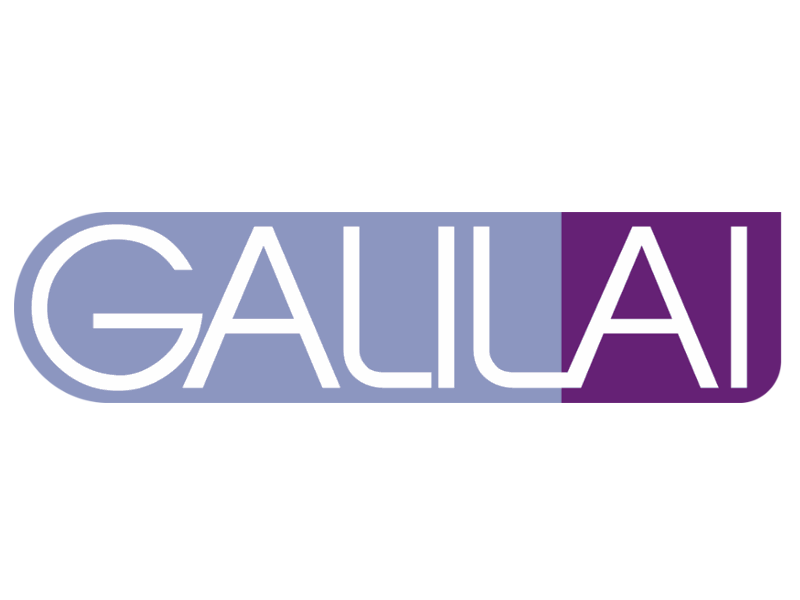
HOW IT WORKS
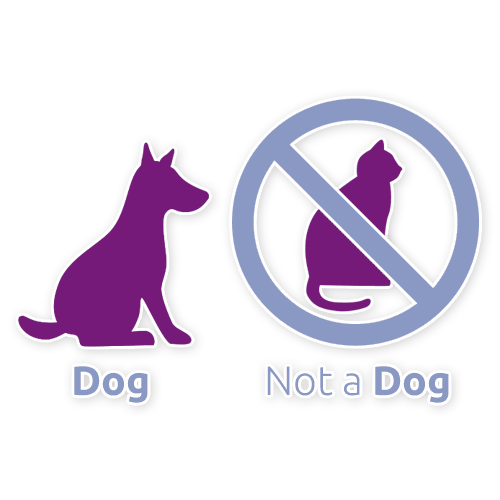
Supervised
GalilAI
Relies on data where the true label is indicated. Example: teaching a computer to distinguish between pictures of cats and dogs, with each image tagged “cat” or “dog.” Labeling is normally performed by humans to guarantee high data quality. Having learned the difference, the ML algorithm can now classify new data and predict labels (“cat” or “dog”) on previously unseen images.
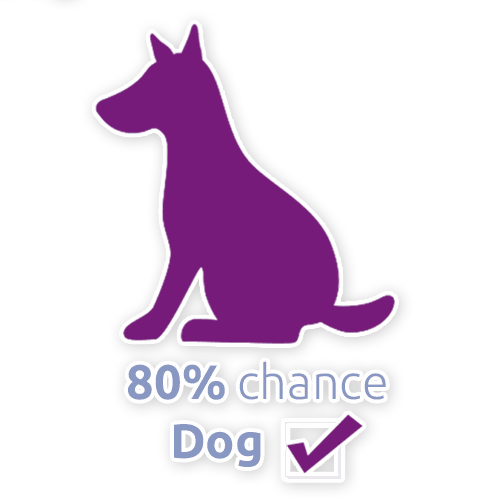
Unsupervised
GalilAI
Deprives a learning algorithm of the labels used in supervised learning. Usually involves providing the ML algorithm with a large amount of data on every aspect of an object. Example: presented with images of cats and dogs that have not been labeled, unsupervised ML can separate the images into two groups based on some inherent characteristics of the images.
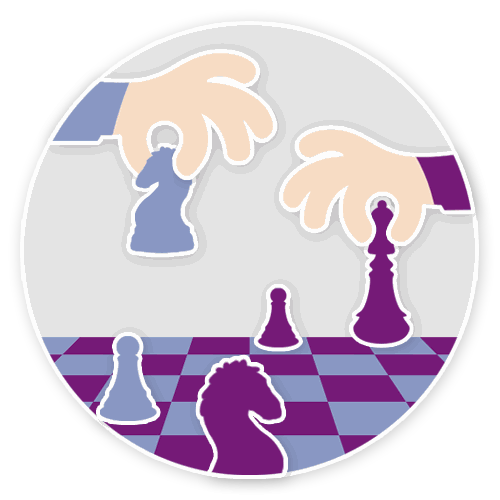
Reinforcement Learning
Example: learning to play chess. ML receives information about whether a game played was won or lost. The program does not have every move in the game tagged as successful or not, but only knows the result of the whole game. The ML algorithm can then play a number of games, each time giving importance to those moves that result in a winning combination.
APPLICATIONS
